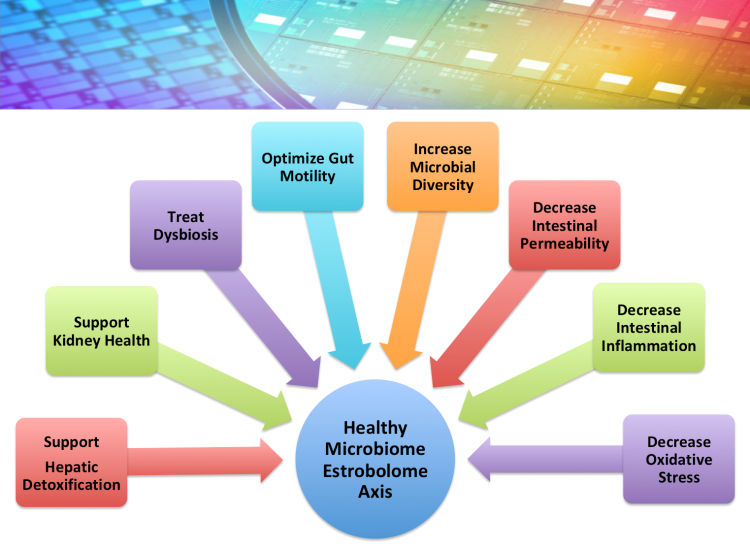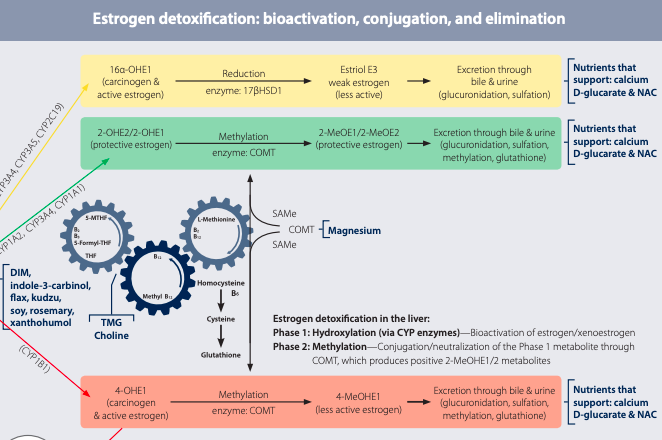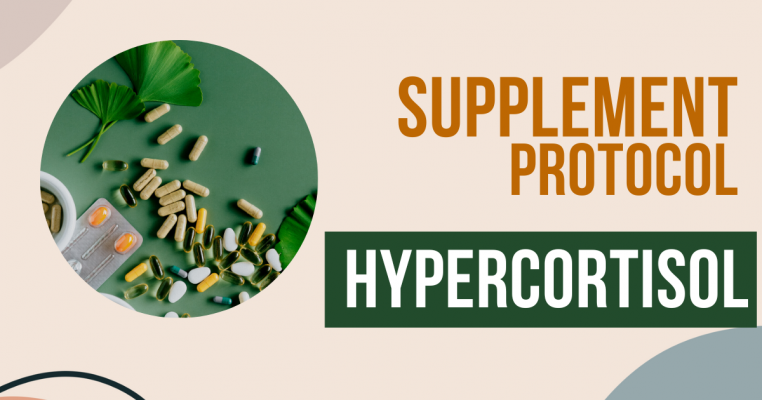No one feels good when their hormones are out of whack. We refer to our hormones like some separate part of our bodies, outside of ourselves.
“I can’t believe I said that. It’s must be those damn hormones again.”
This is no laughing matter but to be quite honest, I’m petrified that I’ll have a hot flash at that exact moment I’m being temperature tested for COVID-19 and will have to scream out “It’s my hormones, not COVID!”
Besides temperature regulation problems (having to leave one leg out of the covers, getting a red hot flush in the middle of a work meeting), other symptoms of hormone imbalances include:
- brain fog, memory and cognitive decline
- mood swings and anxiety
- weight gain
- skin disturbances (adult pimples!)
- loss of libido
- disturbed sleep
- hot flashes
- bloating
- digestive issues including diarrhea and constipation
- cramping
- swelling
A Diagnosis or Collection of Symptoms?
You may have been given a diagnosis. At least a 5 digit code called an ICD-10 appears on your claim form that describes a collection of symptoms you may be experience. But none of these terms reflect what’s going on in your body that causes these differing group of symptoms:
- Premenstrual Syndrome (PMS)
- Perimenopause
- Polycystic Ovarian Syndrome (PCOS)
- Menopause
Hormones are chemical messengers that travel throughout the body. These messengers communicate and coordinate complex processes like growth, metabolism, fertility – and survival.The human body secretes and circulates some 50 different hormones. A wide variety of these chemical substances are produced by endocrine cells, most of which are in glands. In response to a signal from the brain, hormones are secreted directly into the blood by the glands that produce and store them. The hormones then enter the blood system to circulate throughout the body and activate target cells.
An imbalance, blockage, or overabundance of one hormone can cause a cascade of health challenges. For example, adrenal hormones play a significant role in female hormone production. Imbalanced adrenal gland hormones are the leading cause of symptoms such as PMS and menopausal symptoms.
Gut Health Impacts Hormones
And vice-versa. Gut health improves or worsens hormone health. The gut helps modulate estrogen levels.
Estrogen-like compounds may negatively impact the growth and survival of certain species of bacteria.

There is “cross-talk” (cellular communication) between the microbiota and hormonesand this conversation may provide protection from disease or alternatively, increase disease risk.
Unstable blood sugar, over-consumption of carbohydrates and sweets, poor digestive function and food sensitivities all contribute to female hormone problems.
The gut plays a vital role in the body’s ability to clear unwanted estrogen metabolites. Gut dysbiosis can contribute to beta-glucuronidase activity, which allows estrogen to reenter circulation and increase the estrogen pool. Effects can be unbalanced hormones. (Metagenix)
We now know that there is a strong connection between gut health (the “microbiome”) and estrogen metabolite detoxification (estrobolome). undetected infections, particularly in the intestinal tract, weaken immune function, and are a leading cause of adrenal hormone and female hormone problems.
Toxic Load and Effective Detoxification
Women who have taken birth control or hormone replacement therapy (HRT have placed an extra burden on the liver detoxification pathways as the body tries to eliminate the hormones from an external source. Many women who react poorly to birth control or HRT or even natural hormone programs have liver detoxification issues.
Root Causes of Hormonal Imbalances
Our hormones are often out of whack because of the world we live in, and how we interact in that world. Contributor to hormone imbalances include:
- Diet and nutrition
- Stress
- Environmental toxins and hormone disruptors (like BPA)
- Disrupted GI and Liver Health
- Sedentary lifestyles
Functional Medicine Approach to Hormone Imbalances
A functional medicine and lifestyle approach seeks to understand the reasons for the imbalances through careful exploration of an individual’s lifestyle including past/present/current exposure to toxicities. We explore, through very specific hormonal testing, how the body is metabolizing and processing those hormones.
[Hormones are complicated. I can help you uncomplicate matters.]

This approach rebalance hormones naturally so the symptoms disappear, rather than medication which coats over symptoms – or worse, increases the risk of hormone-mediated cancers (as they can promote estrogen into an active, carcinogenic estrogen versus a protective estrogen).
Where Health Coaching Comes In
A certified Functional Medicine-trained health coach can help you identify the imbalances and together in a health coaching relationship, put together a very workable plan to get your hormones back in balance. Some of these approaches include:
- Dietary and lifestyle modifications that support a healthy weight
- Consuming a nutrient-dense dietary pattern (e.g., increasing intake
of fiber and phytoestrogens) - Physical activity and movement (which are linked to the modulation of estrogen metabolism)
- Nutrients and nutritional bioactives (which can influence pathways of estrogen metabolism and detoxification).
- Identification and removal of environment toxins (many personal care products, fragranced candles etc) that are disrupting your hormonal balance
- Using tests like the DUTCH Test to provide insights into the cause behind hormonal imbalances and being able to track and evaluate hormone levels, to assure they are at their optimum balance
At Intellect Health, we are offering testing that provides the latest and best in hormonal and metabolic testing, as well as services to help you step-by-step, customize food and lifestyle recommendations specific to you.
The Wellness Journal







